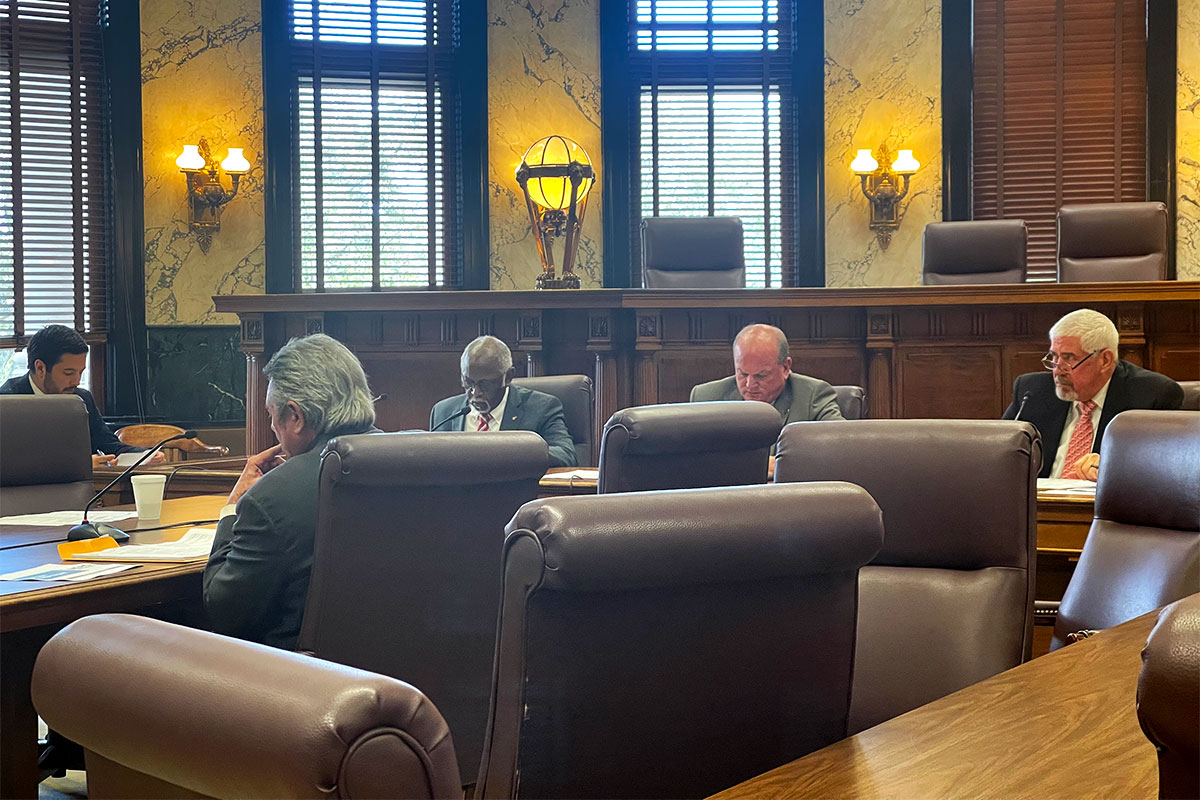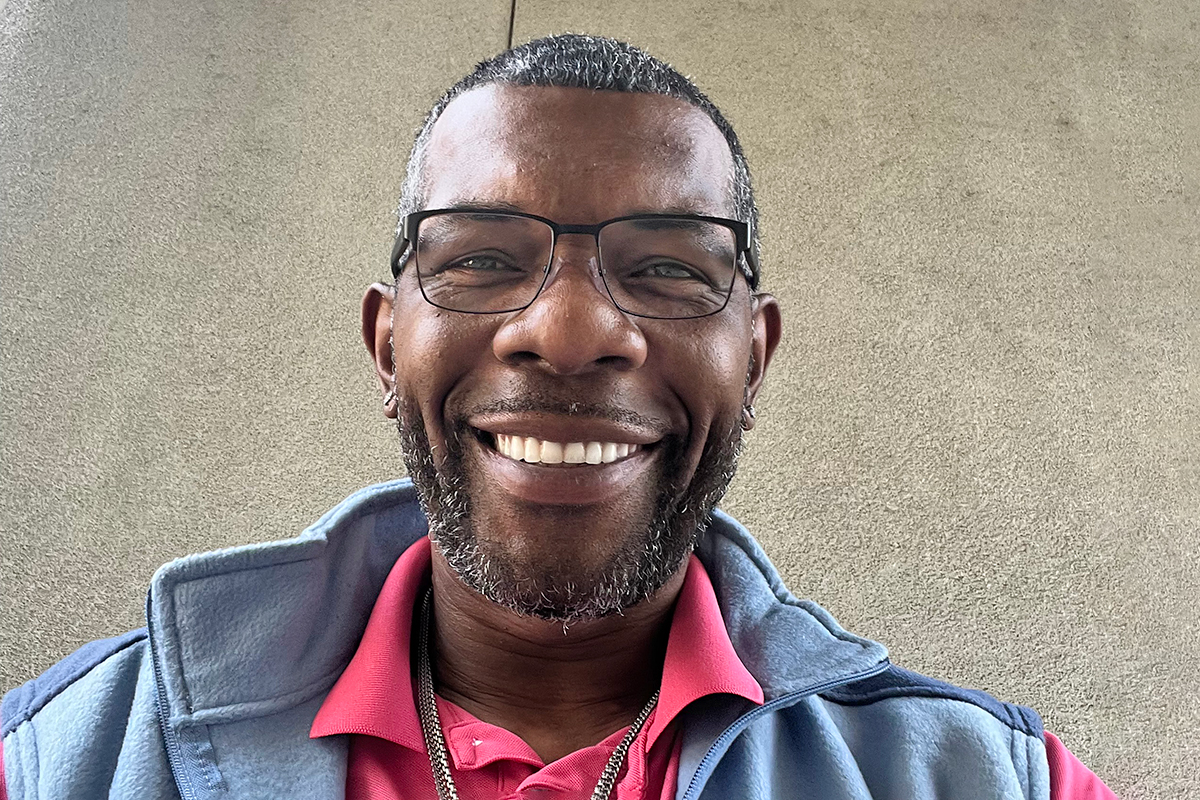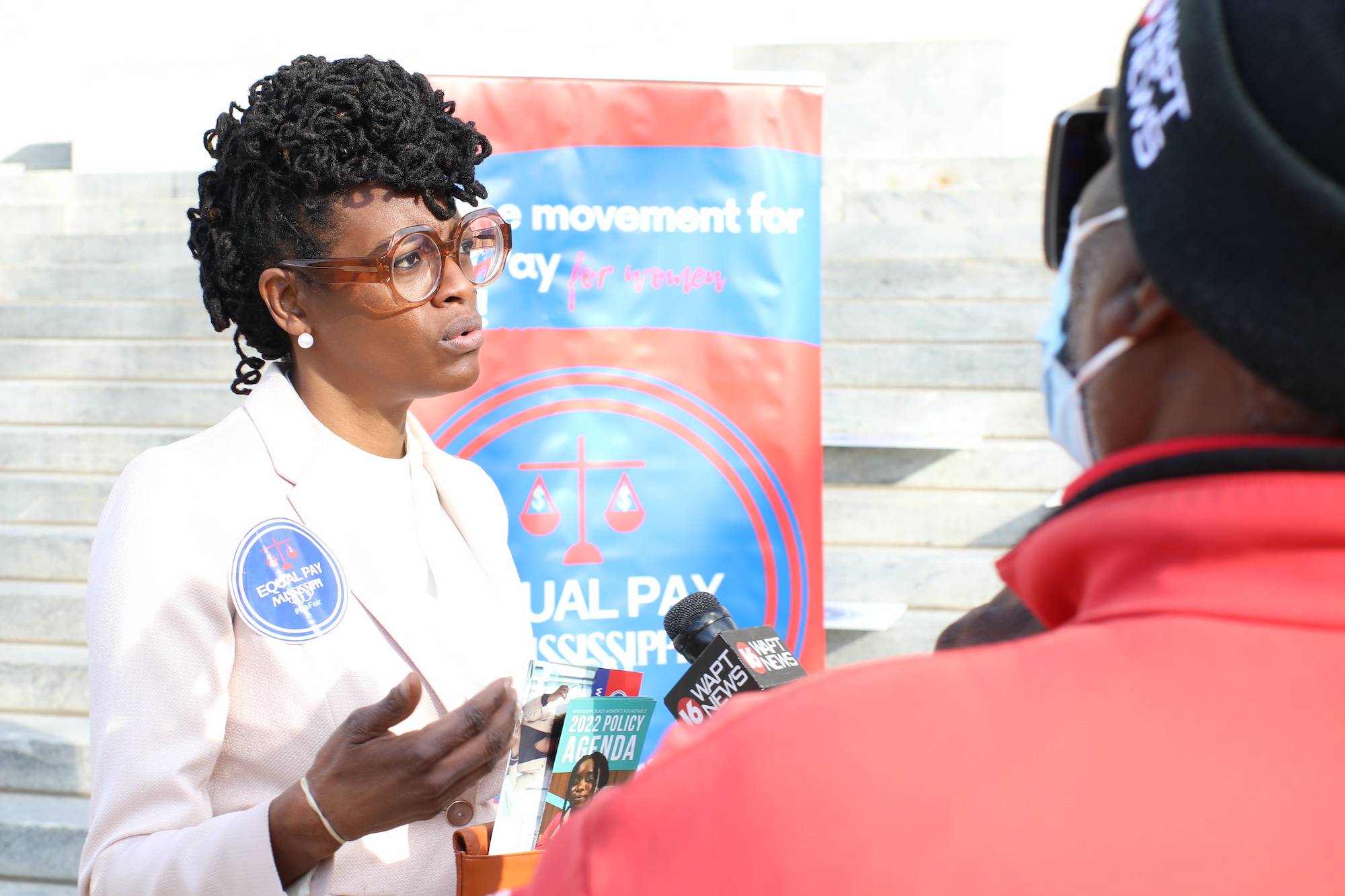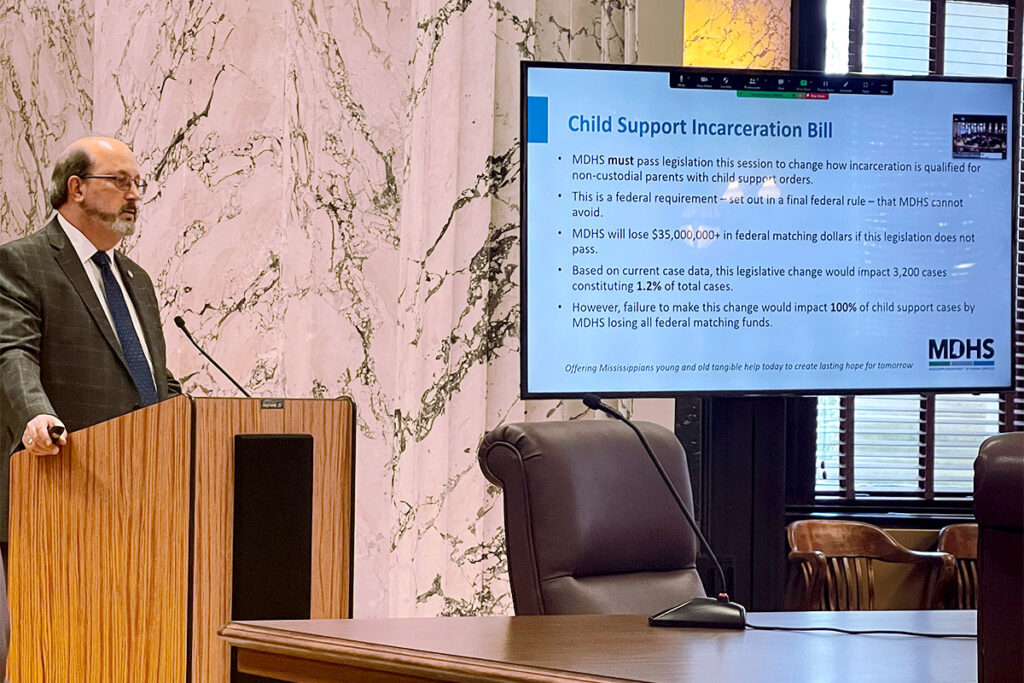JACKSON, Miss.—Mississippi will no longer be able to run its child-support-enforcement program with federal funds if it continues to bill people who are incarcerated, Mississippi Department of Human Services Executive Director Bob Anderson warned the Mississippi Senate Appropriations Committee in a meeting on Jan. 10.
He said the State will lose about $35 million in federal matching funds to run the enforcement program if it does not pass Senate Bill 2082, which would end child-care payment billing for incarcerated people.
“Basically, we have to pass this legislation regarding incarceration,” Anderson said, explaining that the U.S. Office of Child Support Enforcement adopted a rule “that says states cannot treat incarceration as voluntary unemployment and continue to participate in the federal child support enforcement program.”
“What it means for the (Mississippi) Department of Human Services is the potential loss of $35 million in federal matching funds if we don’t get this piece of legislation enacted this year,” he added. “However, if we don’t get this incarceration bill passed, it will impact 100% of our child support cases because (the federal government) may decide to pull our matching funding, and the formula is 66% federal, 34% state money; we could not operate the child-support enforcement program without that 66% of matching federal funds.”
“If we were to try to operate our child-support program without any federal funding, we would be looking for two-thirds of the funding from this body.”

Anderson said that with “well over” 300,000 families involved in the child-support program in the state, the bill will affect about 3,200 cases, or fewer than 2%. He said there is no way to pay the $20 million in yearly fees to YoungWilliams, a company the State contracted with in 2016 to provide child support services across the state, without the $35 million federal government grant.
In a 2017 rule, the U.S. Department of Health and Human Services criticized states that treat incarceration as voluntary unemployment.
“Despite the significant research on the consequences of continuing the accrual of support when it is clear there is no ability to pay, about one quarter of states treat incarceration as ‘voluntary unemployment,'” the federal agency wrote in 2017. “The goal of the final rule revisions is to increase consistent child support payments for children by setting child support orders based on the noncustodial parent’s earnings, income, or other evidence of ability to pay, including for incarcerated parents.”
“Children do not benefit when their parents engage in a cycle of nonpayment, underground income generation, and re-incarceration. Support orders modified for incarcerated parents, based on their current ability to pay, result in less debt accrual, more formal employment, more child support payments and less need for enforcement after they are released.”
‘You’re Forever Stuck’
In an interview with the Mississippi Free Press last year, John Knight, a juvenile counselor at Henley-Young Detention Center in Hinds County, told the Mississippi Free Press he left prison in 2013 with about $40,000 in child-support debt.
“Instead of them taking it upon themselves to do the right thing and stop child support until this person is released, they let it pile up and pile up and pile up, and then you’re forever stuck,” he said.

In 2022, Mississippi House Rep. Angela Cockerham, I-Magnolia, sponsored House Bill 592 to suspend child-support payments for people who are in prison. The bill did not make it to a final vote in the Mississippi Senate.
Sen. Brice Wiggins, R-Pascagoula, is the sponsor for S.B. 2082, which would require MDHS to administratively set child-support payments to zero and prevent “the accrual of arrears during that period of incarceration.” It provides for the immediate suspension of “child support obligations” for someone who is “incarcerated or involuntarily institutionalized for more than 180 days,” and requires “that the obligations resume 60 days after the release of the noncustodial parent.”

The law provides some exceptions to that rule, including if the person owing support can pay or is in prison for domestic violence, child abuse or for previous nonpayment of child support.
Mississippi Black Women’s Roundtable State Lead Cassandra Welchlin told the Mississippi Free Press last year that, while mothers are typically the primary caregivers for their children, the accrual of child-support debt for the incarcerated noncustodial parent adds to the individual’s financial load and strains the relationship.
“If they don’t pay this debt off, they’re going right back into prison, you know? And so, this would be, again, harmful to that relationship and also (affects) that mom getting the resources that she needs in order to take care of that family,” Welchlin said.
‘It’s A Lot To Swallow’
The U.S. Department of Health and Human Services estimated in 1999 that most state and federal prisoners were parents. Many have child-support orders, the agency noted, while adding that “reducing uncollectible debt can increase payments.”
“Incarceration can result in the accumulation of high levels of child-support debt because parents have little to no ability to earn income while they are incarcerated and reduced ability to pay off the debt when released,” the federal agency wrote at the time. “Studies find that incarcerated parents leave prison with an average of $20,000 or more in unpaid child support, with no means to pay upon release.”

“This accumulated child support debt is rarely paid,” it added. “Research finds that uncollectible debt substantially reduces noncustodial parent earnings, which in turn reduces child support payments to their families.”
Mississippi Sen. Michael McLendon, R-Hernando, a Senate Appropriations Committee member, told the Mississippi Free Press he needs to study the proposed S.B. 2082 further after learning about it from Director Anderson. “That’s the first I’ve heard of it,” he said. “It’s a lot to swallow.”
Another member of the Mississippi Senate Appropriations committee, Sen. Albert Butler, D-Port Gibson, told the Mississippi Free Press after the hearing that the State should go beyond not collecting the child-support payments for those in prison and should cover the difference for the affected children. “The child-support service should increase their portion of the check for their child,” he said.
Butler said the status quo puts “a greater burden on inmates.”
“I think the law should be changed to reflect that during the time that he’s incarcerated, he should not go back and catch up, so to speak,” he added.
Editor’s Note: A version of this story went out in our newsletter with a truncated headline that said “Mississippi Must Stop Billing Incarcerated People For Child Support,” which failed to properly attribute that statement to MDHS Director Bob Anderson. We apologize for the error.










